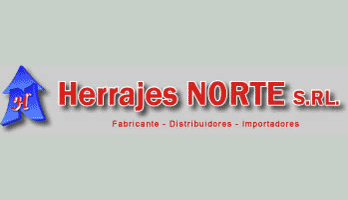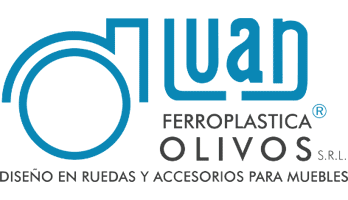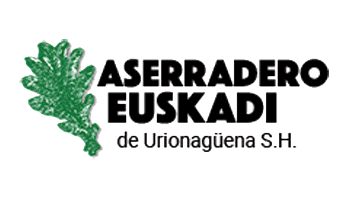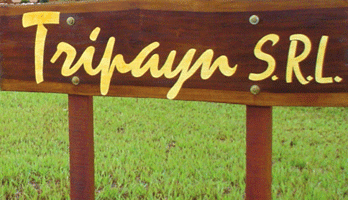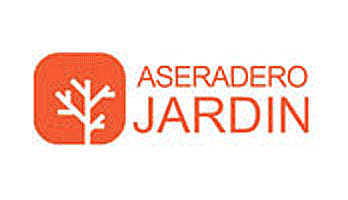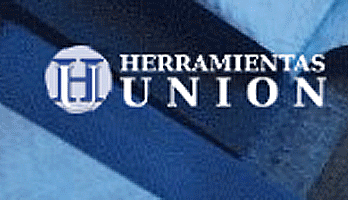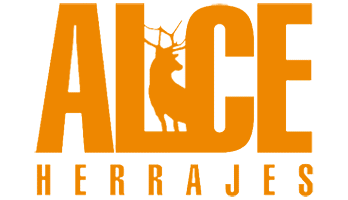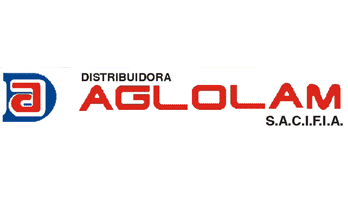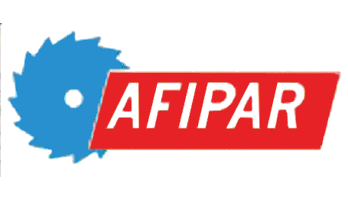
Senator Rubén Pirola accompanies and supports the organization and implementation of what will be the 19th edition of Expodema 2019.
In a complex national and provincial context, the efforts of entrepreneurs and entrepreneurs are recognized, and in that sense Pirola highlighted his challenge and commitment to achieve medium and long-term work.
The contribution was received by members of the CIMAE Board of Directors, where Marcelo Chiabrando took the floor and expressed the following: “From the Expodema Commission, we would like to thank Senator Pirola for the contributions, as well as the Municipality of Esperanza and the Ministry of Production. It really is a very important challenge for the region that will bring positive consequences from the entrepreneurial point of view. We are very happy because although at one time this Fair was in danger, today it can be done ”.

IT MAY INTEREST YOU
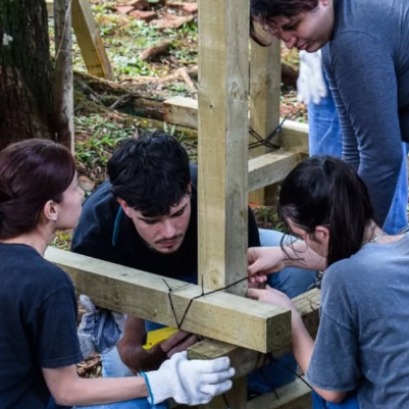 Architecture with identity: university students from Argentina and Paraguay design and build with missionary wood
Architecture with identity: university students from Argentina and Paraguay design and build with missionary wood
The Faculty of Art and Design (FAyD) of the National University of Misiones (UNaM) hosted the inauguration of the first edition of “Yvyvyrá: territory, matter and architecture”, an international workshop that promotes learning, experimentation and architectural design using wood and other materials typical of the biomes of the Atlantic Forest (Paranaense Forest) and the Humid Chaco.
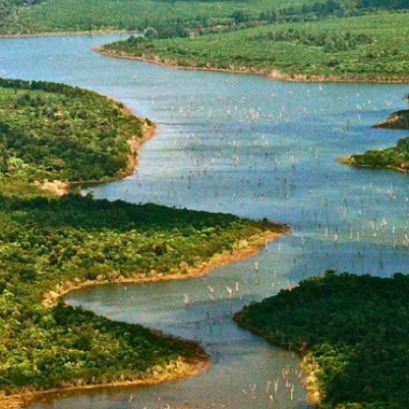 The second largest wetland in South America is located in Argentina: what is it?
The second largest wetland in South America is located in Argentina: what is it?
Argentina has national parks that place it in a unique position within South America, competing with 300 others. Which is the largest? South America is home to more than 300 national parks, but many go unnoticed. There are extensive wetlands that have been the subject of major ecological restoration projects, to coastal mountains with deep indigenous heritage. Today we tell you the case of one located in Argentina.
 Missions | New illegal felling in the Pińalito Provincial Park in San Pedro reveals the silent expansion of deforestation in protected areas
Missions | New illegal felling in the Pińalito Provincial Park in San Pedro reveals the silent expansion of deforestation in protected areas
The advance of deforestation on protected areas was once again evident this week in the Pińalito Sur Provincial Park, in San Pedro, where the Ministry of Ecology and Renewable Natural Resources confirmed a new case of selective illegal logging. The event occurs in a context of growing concern about the fragility of the environmental control system in rural and border areas, where the scarcity of resources, personnel and logistics limits the capacity of surveillance against criminal organizations organized to steal native woods and market them on the black market in connivance with sawmill owners.


